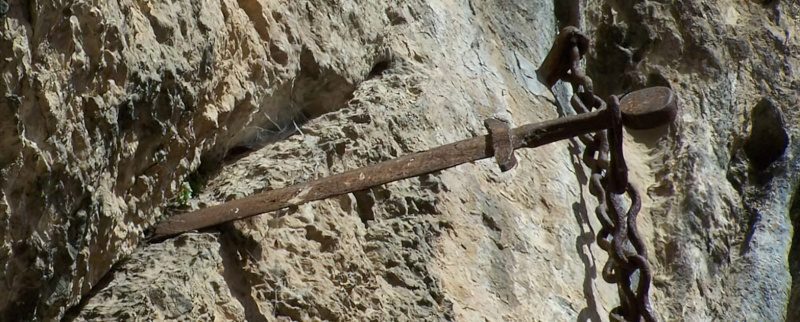

If the item does sell for that much, money laundering seems like the most likely reason. The article says “selling” but it’s only “selling” in the sense that someone is trying to sell it for that price. There’s all kinds of shit listed for crazy prices.














Not the person you replied too, but I think this is still considered money laundering. If a person is selling illegal drugs (or whatever illegal product) and wants to receive the money “cleanly”, this would be a way to do so. Instead of selling the illegal item, they sell (or pretending to sell) a legal item but provide the illegal item. The seller now has clean money. I think this is still called money laundering.